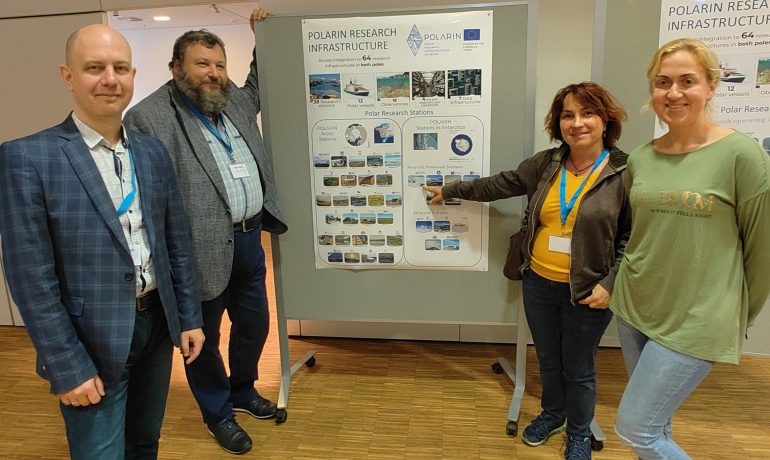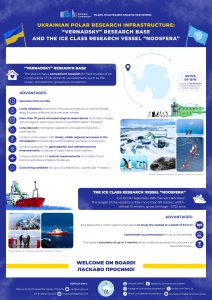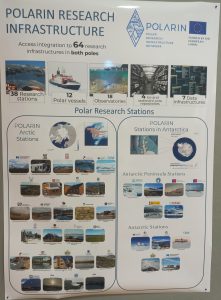How will Ukrainian scientists gain access to the polar infrastructures of other countries and host foreign colleagues at Vernadsky and Noosfera within the framework of the POLARIN project? This was discussed during the project kick-off meeting held in Bremerhaven, Germany.
It is implemented within the framework of the EU Horizon Europe program and includes 50 organizations from different countries engaged in research in Antarctica and the Arctic. Ukraine is represented by the National Antarctic Science Center.
POLARIN: Polar Research Infrastructure Network which combines the following:
- 38 Polar stations, 11 of which are Antarctic, including Ukrainian Antarctic Akademik Vernadsky station;
- 12 Polar research vessels, including our flagship Noosfera;
- 18 observatories, 4 repositories and 7 databases.
To provide access to these infrastructures, three calls for scientific project will be held within POLARIN. The first will take place in 2025.
Researchers will have to submit their scientific program with rationale for why it should be carried out at this particular station or vessel. Next, winners will be picked, who will receive access to the appropriate infrastructure with EU funds.
Such competitions will be repeated in 2026 and 2027.
It is important that grant recipients will receive trainings on obtaining special permissions for research, safety measures, regulations on the use and dissemination of scientific information, etc.
The meeting was attended by NASC representatives, who presented our research infrastructure.
“We are happy to join this unprecedented opportunity to explore both polar regions. For Ukraine, this is also an opportunity to attract additional funds to its Antarctic program,” said Evgen Dykyi, director of the Center.
All information about the further implementation of the project and upcoming competitions will be posted on the NASC website and social networks.
Let us recall that Polish and Ukrainian scientists began to study life on the Antarctic seabed from aboard the RV Noosfera.





